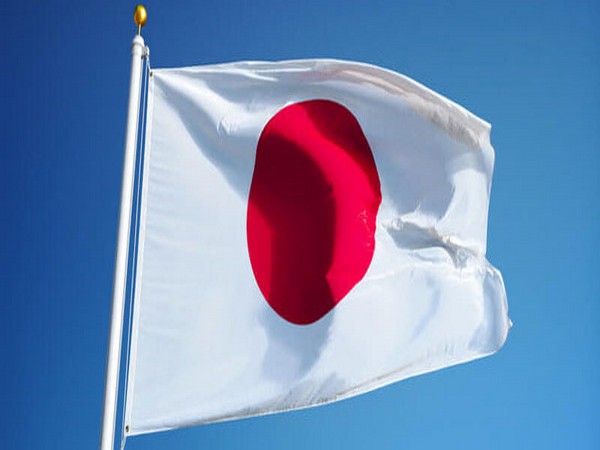Japan PM candidates deny toning down views on nuclear, gender issues to attract votes
But if no candidate takes a majority in a first round, a run-off between the top two will be held and grassroot members votes will be diluted, potentially boosting Kishida's chances against Kono. Takaichi and Noda, vying to become Japan's first female premier, are seen as long-shots, although Takaichi has the backing of Abe and other party conservatives.

- Country:
- Japan
Two leading candidates to become Japan's next prime minister denied on Saturday that they had toned down their stances on nuclear energy and gender issues to attract conservative backing in a tight ruling party leadership election this month. The election for leader of the Liberal Democratic Party (LDP) pits vaccine minister Taro Kono, 58, against former foreign minister Fumio Kishida, 64, Sanae Takaichi, 60, a former internal affairs minister from the party's most conservative wing, and Seiko Noda, 61, a former minister for gender equality.
The winner of the Sept. 29 party poll to succeed Prime Minister Yoshihide Suga, who said two weeks ago he would step down amid tanking voter ratings, is almost certain to become premier because of the LDP's lower house majority. Surveys of voters show Kono is their top choice, a key factor ahead of a looming general election. But the social-media savvy, U.S.-educated former foreign and defense minister also has an image as a maverick that worries many elders in the LDP.
Contenders need to attract votes from both grassroots party members and younger lawmakers likely to be swayed by popularity ratings as well as party bosses who still have clout, although less than in the past. Long seen as a critic of nuclear power, Kono rejected the suggestion that he had flip-flopped.
"What I've been saying about an exit from nuclear power is decommissioning quickly nuclear power plants that are reaching retirement and gradually exiting nuclear energy," he said in a televised debate. "As I explained before, we should stop the use of coal, increase energy conservation and renewable energy and nuclear power can be used to fill the gap." DIALOGUE WITH CHINA
Kishida, a more traditional LDP consensus-builder saddled with a bland image, was asked whether he had back-pedaled over allowing married couples to have separate surnames. Japanese law does not permit that option and a change is strongly opposed by conservatives - including candidate Takaichi - who say it would undermine family values.
Asked about the impression that he had earlier favored the change, Kishida said he recognized diversity but that questions remained as to how to treat children's names under a new system. "At least considering the broad understanding of the people, I think that discussion is necessary now," he said.
In the wide-ranging debate on topics from the COVID-19 pandemic to pensions and diplomacy, Kono, a former foreign and defense minister, urged dialogue with China amid growing concerns about its maritime assertiveness, a stance echoed by Kishida. "(Japan-China) summit meetings should be held regularly," he said. "Perhaps, we should tell the Chinese leadership to exert their power as one of the players in the international order, not in the way of expansionism."
Highlighting the predominant view emerging among politicians ahead of the general election, Kishida - considered the most hawkish on fiscal policy among the candidates - said he wouldn't raise the sales tax rate for a decade and instead prioritize revitalizing the economy over fiscal reform. The uncertain outcome of the LDP race contrasts with last year when Suga quickly emerged as the leading candidate after Shinzo Abe quit citing ill health after a nearly eight-year term that made him Japan's longest-serving premier.
Party factions coalesced around Suga, Abe's long-time lieutenant, and grassroots members had minimal say. This time, most factions are not unified and rank-and-file members will be apportioned the same number of votes as lawmakers. But if no candidate takes a majority in a first-round, a run-off between the top two will be held and grassroots members votes will be diluted, potentially boosting Kishida's chances against Kono.
Takaichi and Noda, vying to become Japan's first female premier, are seen as long-shots, although Takaichi has the backing of Abe and other party conservatives.
(This story has not been edited by Devdiscourse staff and is auto-generated from a syndicated feed.)
ALSO READ
Biden and Japan's Kishida forge new partnership, eyeing China and Russia
Joe Biden hosts Japan's PM at White House, in strong message to China over policies in Indo-Pacific
Japanese Prime Minister Fumio Kishida to speak to Congress as doubts linger over American global leadership
US, Japan signal support for Texas high-speed rail plan
Taiwan detects 14 Chinese military aircraft, six naval vessels around nation










